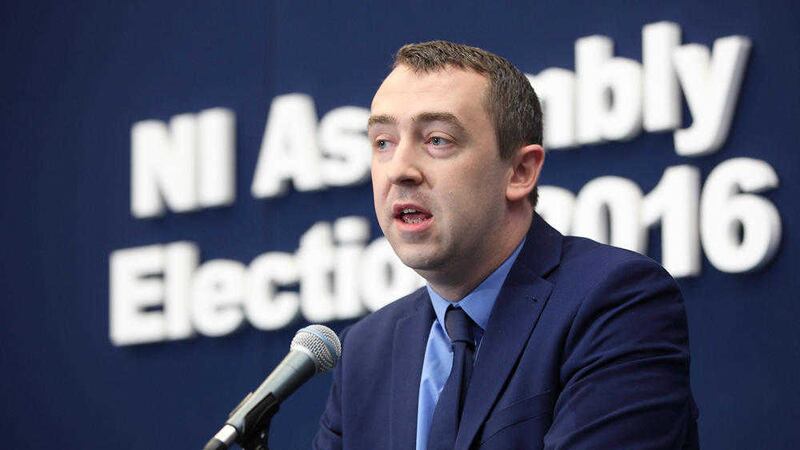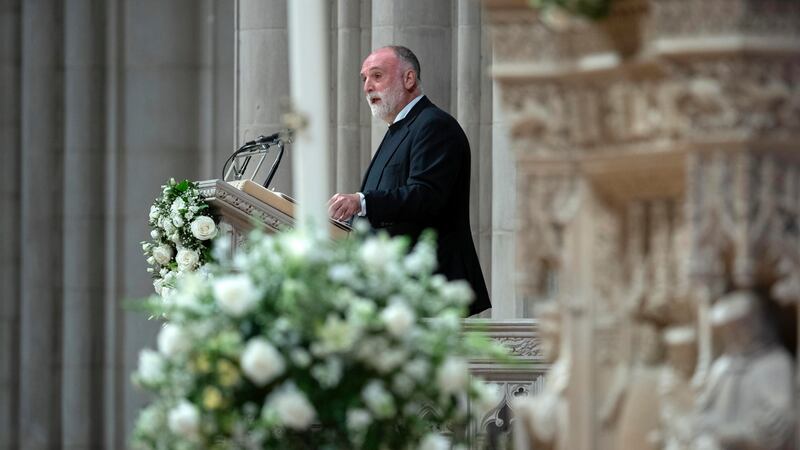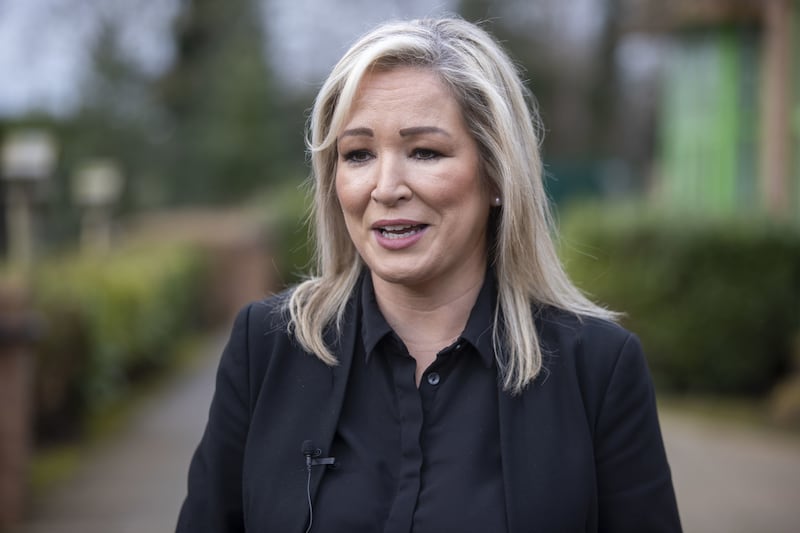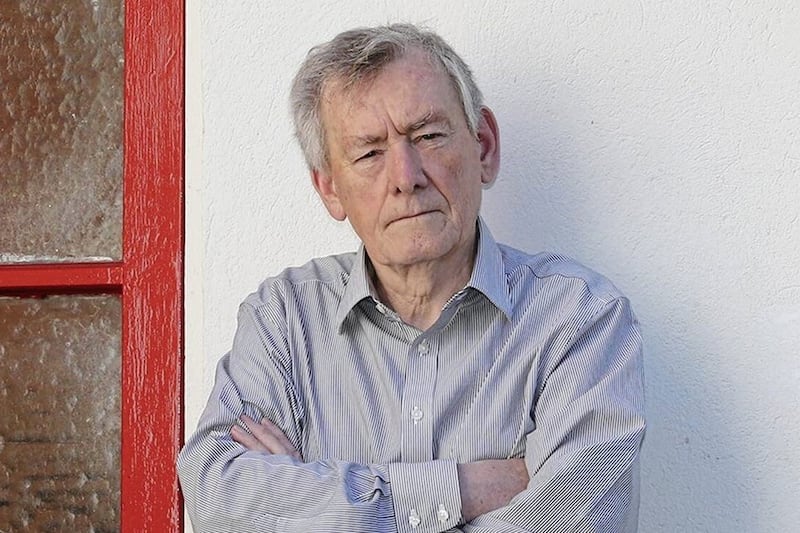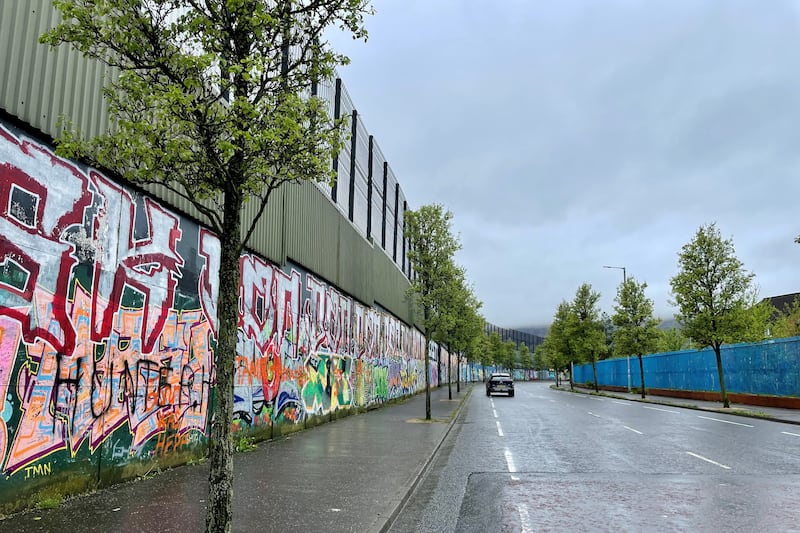SINN Féin has said it is "disappointed" by the mass resignation of more than a dozen of its members in North Antrim.
Councillor Paul Maguire and 17 activists have quit the party amid the fall-out from the Jamie Bryson backchannel scandal.
The resignations, which were announced in a letter to a local newspaper, have been triggered by the party's treatment of former MLA Daithí McKay and the appointment of his replacement Philip McGuigan, who represented Sinn Féin at Stormont a decade ago.
Former finance committee chairman Mr McKay resigned early this month hours after The Irish News revealed that he had secretly coached Mr Bryson ahead of the loyalist blogger giving evidence at Stormont last September.
Sinn Féin has insisted Mr McKay and fellow party worker Thomas O'Hara made contact with Mr Bryson without the knowledge of the leadership.
A reference in the backchannel exchanges to Finance Minister Máirtín Ó Muilleoir has led to calls for him to step aside until a Stormont inquiry is concluded. However, despite First Minister Arlene Foster belatedly adding her voice to the growing chorus, Sinn Féin insist the South Belfast MLA will not be budging.
The party announced last Friday that former North Antrim MLA Mr McGuigan would be co-opted into Mr McKay's seat.
But his selection has angered party activists in the constituency, who announced they were quitting the party in a letter to the Ballymena Guardian.
Among those resigning is former councillor Monica Digney, who was the first Sinn Féin member to be elected to Ballymena Council.
In a letter outlining the reasons for the mass resignation they said it was "inconceivable" they could remain members given the treatment Mr McKay received.
The letter accuses Sinn Féin of carrying out no consultation and "anointing" Mr McGuigan, a councillor on Causeway Coast & Glens Council, who was replaced by Mr McKay as a North Antrim candidate in 2007.
Councillor Maguire told the Ballymena Guardian that others were "considering their positions" and that more resignations could follow.
Ms Digney told the BBC: "I have been a republican all my life – I will die a republican but I don't have to be a Sinn Féin republican.
"Because, what has happened recently is there seems to be some people who get protected and other people are left hung out to dry and Daithí McKay, unfortunately, is one of those that was left hung out to dry."
Relations between Sinn Féin factions in North Antrim are understood to have been strained in recent months.
Mr McGuigan was regarded as an unlikely replacement for Mr McKay, with both schoolteacher Patrice Hardy and fellow councillor Cara McShane linked to the vacant seat.
Sinn Féin said it was "disappointed at the decision of the individuals" – a move which is thought to be unprecedented in the north in recent times.
Last year, 15 members of the Fermoy cumann in Co Cork resigned from Sinn Féin after a councillor was expelled from the party.
"Daithi McKay acknowledged that his contact with loyalist Jamie Bryson was inappropriate and wrong," a party statement said.
"Sinn Féin's Cuige Uladh (Ulster council) consulted with party activists in the North Antrim area an, following approval by the party's Ard Chomhairle, Philip McGuigan was co-opted as an MLA for the constituency."
Commentator Chris Donnelly, who previously stood as Sinn Féin election candidate, said the resignations exposed internal difficulties which predated the Jamie Bryson coaching crisis.
"While this episode does illustrate how Sinn Féin is more susceptible to these types of internal spats than perhaps was the case in the past – when a culture of loyalty, discipline and deference defined the party during the conflict and peace process era – this is a localised difficulty which should not be interpreted as indicating a broader sense of disconnect or unease between party grassroots and the leadership," he said.
